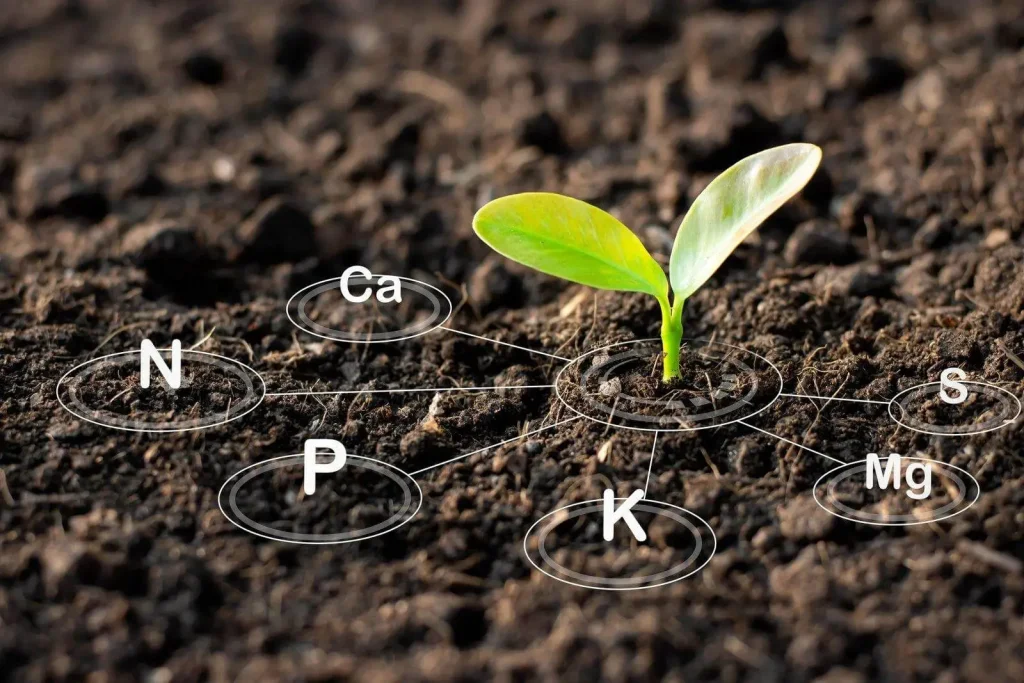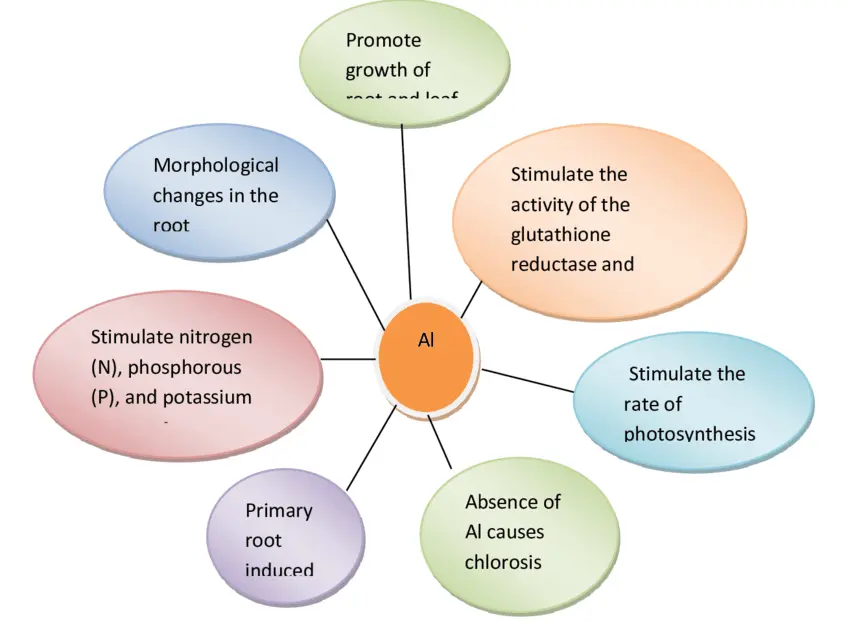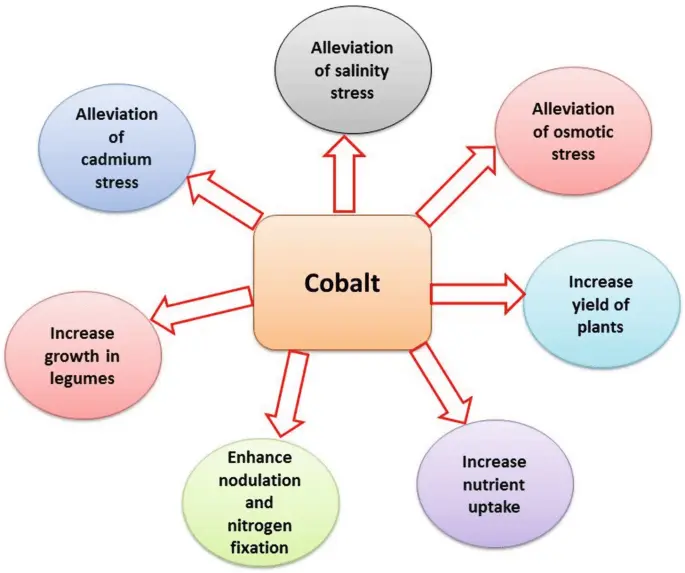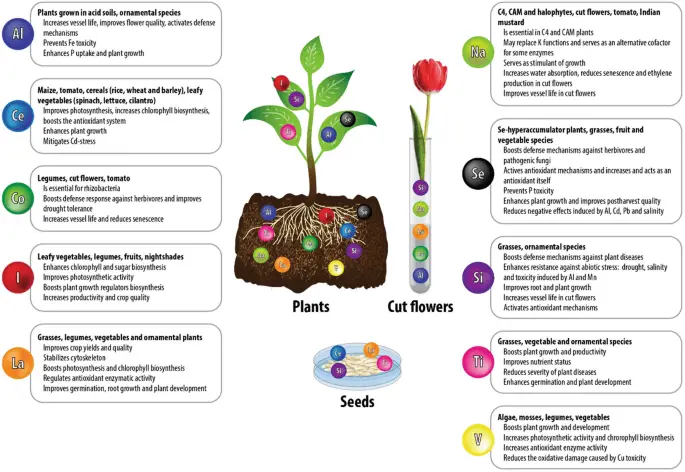Did you know that the beneficial nutrients of plants help to give resistance to biotic and abiotic stress factors? It promotes the use of other nutrients and counteracts the toxic effects of other elements? I am here to talk about these unknown facts about the beneficial nutrients of plants.
Eventually, Let’s See the Categories of Plants Nutrients
In agriculture, people are always concerned with 17 essential elements. Hydrogen (H), Carbon (B), and Oxygen (O) are abundant in nature and will not require additional supplies to the plants. Next, Nitrogen (N), Phosphorus (P) and Potassium (K) are primary macronutrients for plants.
Secondary elements are Magnesium (Mg), Sulfur (S) and Calcium (Ca). Accordingly, these elements supply plant nutrients as well as used to correct soil. Magnesium carbonate and calcium carbonate increase soil pH. While sulfur ammonium sulfate and sulfuric acid decrease soil pH.

Micronutrients are Boron (B), Chlorine (Cl), Manganese (Mn), Iron (Fe), Nickel (Ni), Copper (Cu), Zinc (Zn) and Molybdenum (Mn) are used for plants to correct the micronutrient defeciencies.
To learn about the micronutrient deficiencies check out this blog.
But, we have another category of nutrients that is beneficial nutrients which is commonly ignored by the farmers.
What are beneficial nutrients?
Beneficial elements are the mineral elements that stimulate growth and have beneficial effects even at very low concentrations. They are not essential or essential only for certain plant species under specific conditions. They are known as ‘potential micro-nutrients’.
Under beneficial nutrients, we got Silicon (Si), Sodium (Na), Aluminum (Al), Cobalt (Co), Selenium (Se), Iodine (I), Gallium (Ga) and Vanadium (Va).
Unknown facts about the beneficial nutrients

Did you know aluminum (Al) can modulate the color of flowers, stimulate plant growth and root development, increase the vase life of some species and trigger antioxidant mechanisms?
When we see the effect of Cerium (Ce), it increases root size and the number of root hairs and is involves in the transformation of inorganic N to organic N.
In legumes, Cobalt (Co) plays a major role in atmospheric N fixation by Rhizobium and in other species, it can improve the use of P, K, Mn and Zn, as well as increase vase life.

Whereas, Iodine (I) can improve the use of N, advance flowering and increase fruit yield and uniformity.
Lanthanum can improve the uptake of K, Ca and Mg, increase root and overall plant growth, improve germination processes and activate antioxidant mechanisms.
When we look into Selenium (Se) reduces the senescence process, promotes growth, and increases the uptake of heavy metals.
Next, Silicon (Si) can counteract the toxic effects of heavy metals, drought and salinity. It induces resistance mechanisms against pests and diseases and improves the strength and stiffness of plant tissues. It stimulates antioxidant mechanisms, reduces ethylene synthesis and increases vase life.
Have you ever known that Sodium (Na) can act as a growth regulator and improve vase life?
Titanium improves uptake of N, P, K, Ca and Mg, increases starch synthesis, reduces injuries caused by Xanthomonas (bacterial spots and blights), and generally improves plant growth.
Vanadium can act as an inducer of secondary metabolism and increase plant growth.

Interesting right? Next time, while applying nutrients to the plants consider these nutrients and make your plants happy.
In conclusion, while we often focus on essential nutrients like nitrogen, phosphorus, and potassium, it’s important to recognize the significance of beneficial nutrients for plant health. As well as beneficial nutrients play important roles in enhancing plant growth and resistance to environmental stresses. Incorporating these beneficial nutrients into plant care routines can lead to healthier, more robust plants with improved resistance to various challenges. So, next time to your garden, remember to consider the importance of these beneficial nutrients.
For interesting other blogs related to organic fertilizers click here